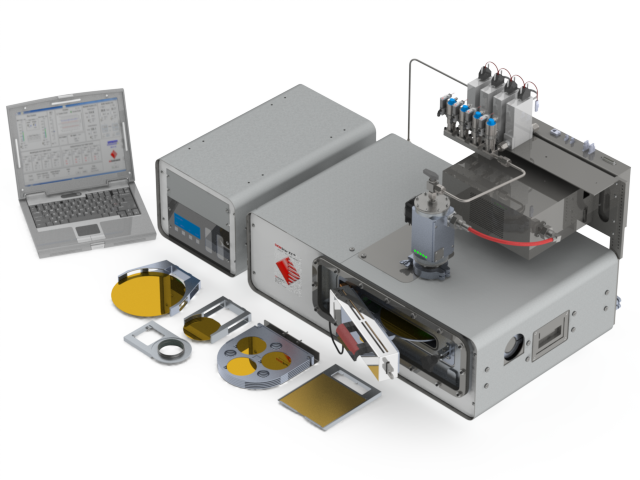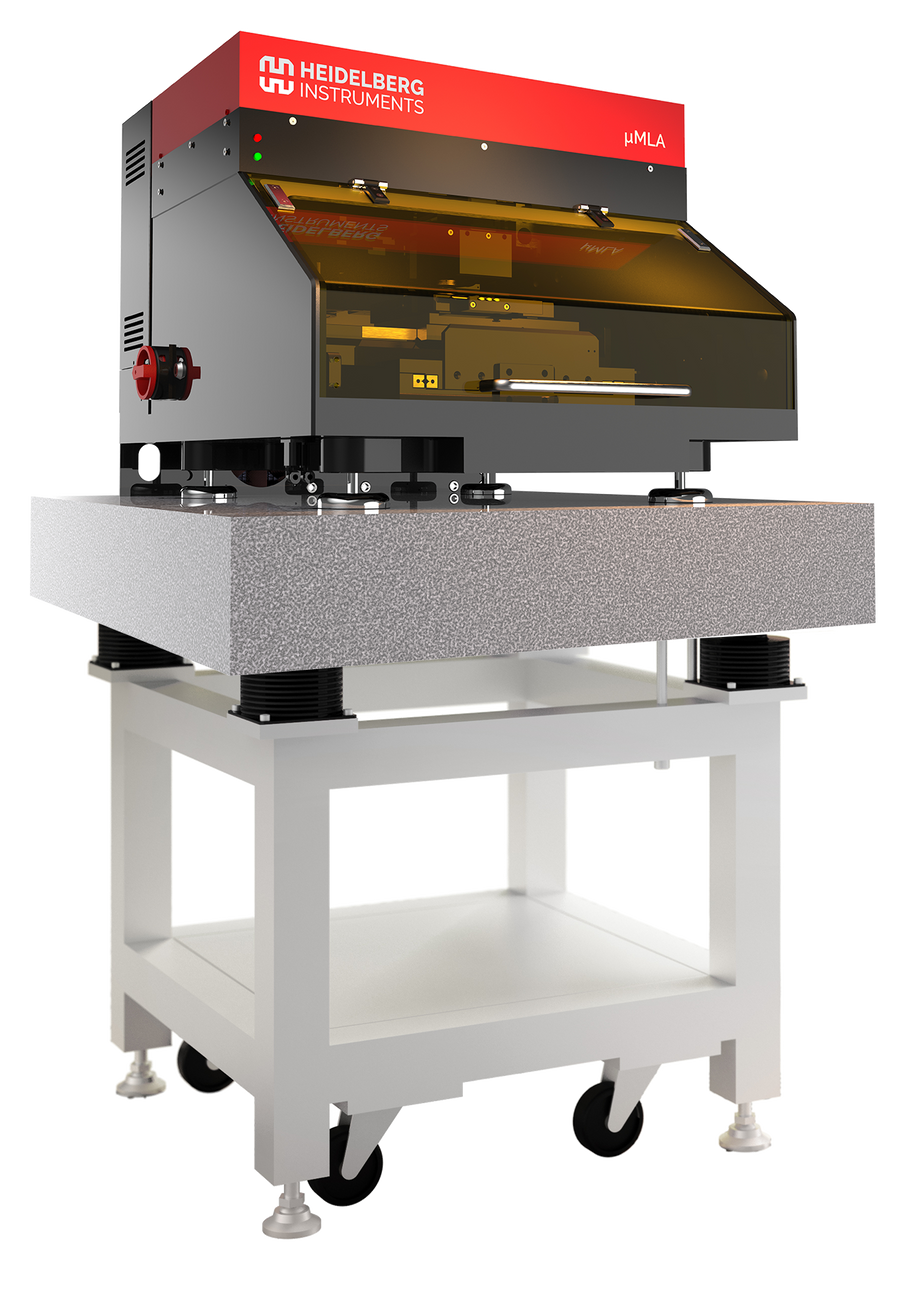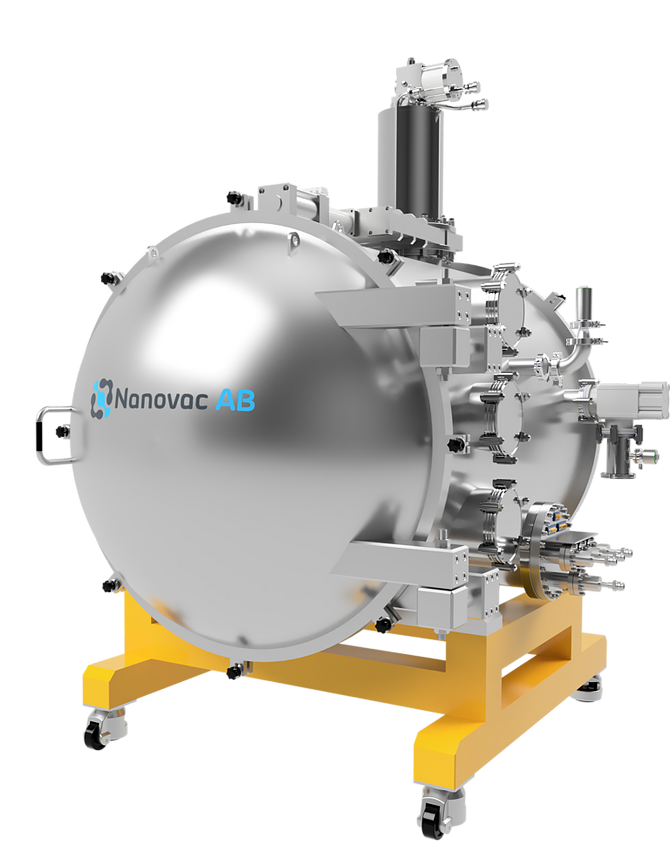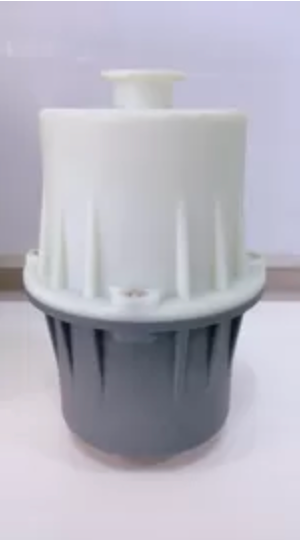Flexi-Wall Clean Air Canopies can be constructed in any size or shape, offering cleanliness levels between ISO Class 7 and ISO Class 9.
Supplied with ceiling mounted Clean Air Module (CAM) filtration units, calibrated to recirculate air back into the room, air is drawn through a HEPA filter (99.997% efficient at 0.3 microns) creating a positive pressure and clean air environment.
Flexible Wall Cleanroom Canopies can be assembled on site in a few hours, with strip curtains are hung on all sides or the zintec powder coated steel frame.
The frame is available with adjustable feet for permanently locating in a fixed area, or mounted on lockable wheels, making it easily manoeuvrable over equipment when necessary. Furthermore, the frame can be suspended from a ceiling or framework above to give unhindered access to the working area. Each unit also has its own speed controller fitted.
Monmouth can provide a full service through from design and initial specification through to a full turnkey installation with free, no-obligation initial site surveys and planning.

What Is A HEPA Filter?
HEPA filters trap air contaminants in a complex web of fibres. Depending on the size of the particle, this can happen in four different ways: Inertial Impaction, Diffusion, Interception, or Sieving.
Larger contaminants are trapped via inertial impaction and sieving. The particles either collide with the fibres and become trapped or are trapped while attempting to travel through the fibres. Medium sized particles, as they move through the filter, are grabbed by the fibres via interception. Smaller particles are dissipated as they travel through the filter and eventually collide with a fibre and are trapped.
The standard lifespan of a HEPA filter varies between 3 and 5 years in a standard cleanroom environment. This is dependent on the degree of contamination in the environment and maintenance of the pre-filters. The capacity of the fan filter unit (HEPA or ULPA filter) decreases over time as the filter becomes saturated.
An advantage of the HEPA Filter is that as they become saturated with contaminant, airflow capacity decreases and static pressure increases, as a result the filters become more efficient as the filter loads.



















